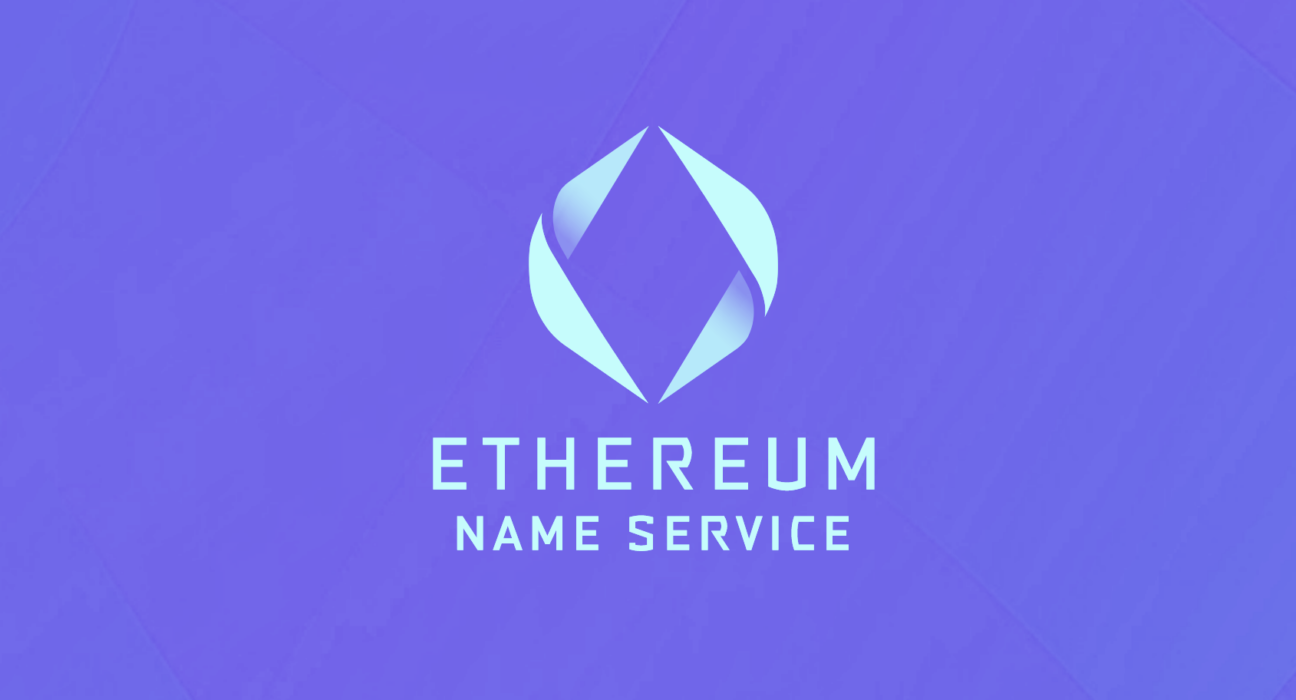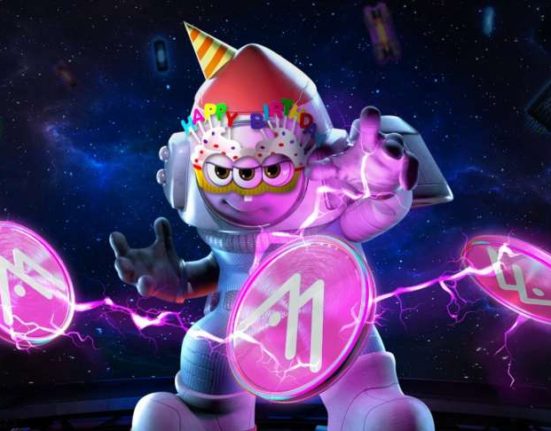Imagine having to write out the numerical IP address for a website every time you wanted to visit. To navigate to nft now you’d have to type out 104.22.65.85, and for Google, you’d need to enter 172.217.18.196. Thanks to the Domain Name System (DNS) though, we don’t have to memorize these strings of numbers.
Though they’re considered cutting-edge tech, cryptocurrency and NFTs still use a search protocol similar to the old IP search model. Every time you need to send ETH to a friend’s wallet, for example, you either scan their QR code or copy an incredibly lengthy wallet address (0x9e735f012db8nb…).
A crypto wallet user still can’t send or receive digital assets by simply typing in another user’s name. This practice might change though thanks to the rise of Ethereum Name Service (ENS), a blockchain-powered service that recently registered its one millionth domain name.
What is Ethereum Name Service?
Similar to DNS, ENS is a protocol that links machine-generated codes to human-friendly names. However, unlike the Domain Name System, ENS is a completely open, decentralized, not-for-profit naming system that’s Web3-friendly. It is powered by the Ethereum blockchain and the domain names on ENS are secured using smart contracts.
Using ENS, users can purchase and manage domain names for their websites, wallets, NFTs, and many other digital assets. The ENS system is managed by ENS DAO which debuted last year after the release of ENS tokens in November. All token holders are shareholders of the ENS project and they collectively make decisions about the rules, regulations, budget, and pricing. Moreover, ENS tokens can be exchanged for other cryptocurrencies and even U.S. dollars.
The rising popularity of ENS
2022 has already been a wild year for the ENS community. ENS has emerged as the go-to choice for thousands of dApp (Decentralized App) users and allowed them to make a complete shift to Web3. In April alone, about 163,000 new domains were registered on ENS and by the end of the month, the daily trade volume on the platform was more than BAYC NFTs on OpenSea. But it didn’t stop there.
On May 2, ENS reached a new milestone with one million created names. With all this activity, ENS also dethroned OpenSea as Ethereum’s number one gas-burning protocol (at the time of publication it was fourth).
Moreover, according to the latest figures from Dune Analytics, the decentralized domain service has earned over $45 million this year. Lately, the traffic on the ENS website has been so high that it even suffered several crash events.
Currently, there are more than one million active ENS domains, and thousands of new domains are being registered through the platform daily.
ENS domains that consist of four digits or fewer are the most popular, likely due to their rarity. Only 10,000 of these exist, and they sold out within six hours of their release. Some have recently sold on secondary for amounts up to 90 ETH (about $255,000).
Further, four-digit ENS names can coincide with the token ID of an NFT. “If your Punk [profile picture] is [number] 4000, then you’re going to want 4000.eth,” explained tommygun.eth in a Twitter Space hosted by ENS Consultant 2594.eth on April 28.
How can you register a domain name using ENS?
Purchasing a domain using ENS is as simple as buying an NFT. All you need to do is to connect your Metamask wallet to the ENS website. Now suppose you own an NFT that you want to name “Jasmine”, just type the domain name in the search bar on the ENS website and hit enter. The website will show you available domain names relevant to your search.
Select the domain name of your choice (like ‘Jasmine.eth’) and the period for which you want to register the domain (one year, three years, etc). Transactions regarding the yearly fee (currently $5/year) will be made through your crypto wallet, you can also apply for sub-domains during the registration process. Once the transaction is successful, the [NAME].eth domain is assigned to you.
Why should you use ENS?
It seems that ENS names are not only popular for now, but are here to stay. Through the rest of 2022, we’ll likely see ENS break several other sales and domain registration-related records as even more people, and even brands, become engrossed in the Web 3 ecosystem.
Considering American beer company Budweiser made a splash by purchasing the ENS name “beer.eth” in the fall of 2021, we’re likely to see companies and other influential institutions make a similar entrance into the NFT ecosystem. As they endeavor to become acclimated to the space, they’ll want to look the part, meaning they’ll likely complete the rite of passage of purchasing a Punk or Bored Ape and, of course, obtaining an ENS name that will be their Web3 moniker.
Brands aside, ENS names have become a status symbol. As tommygun.eth explained via Twitter Space, owning an NFT from a coveted collection has led many collectors to purchase ENS names that align with their personal brand. In this way, ENS names almost seem like the vanity license plates of the NFT space.
Just as it’s become critical for celebrities and influencers to secure their social media handles across platforms, so too has it become desirable to own an all-encompassing Web3 identity: complete with NFTs and ENS names that match.








